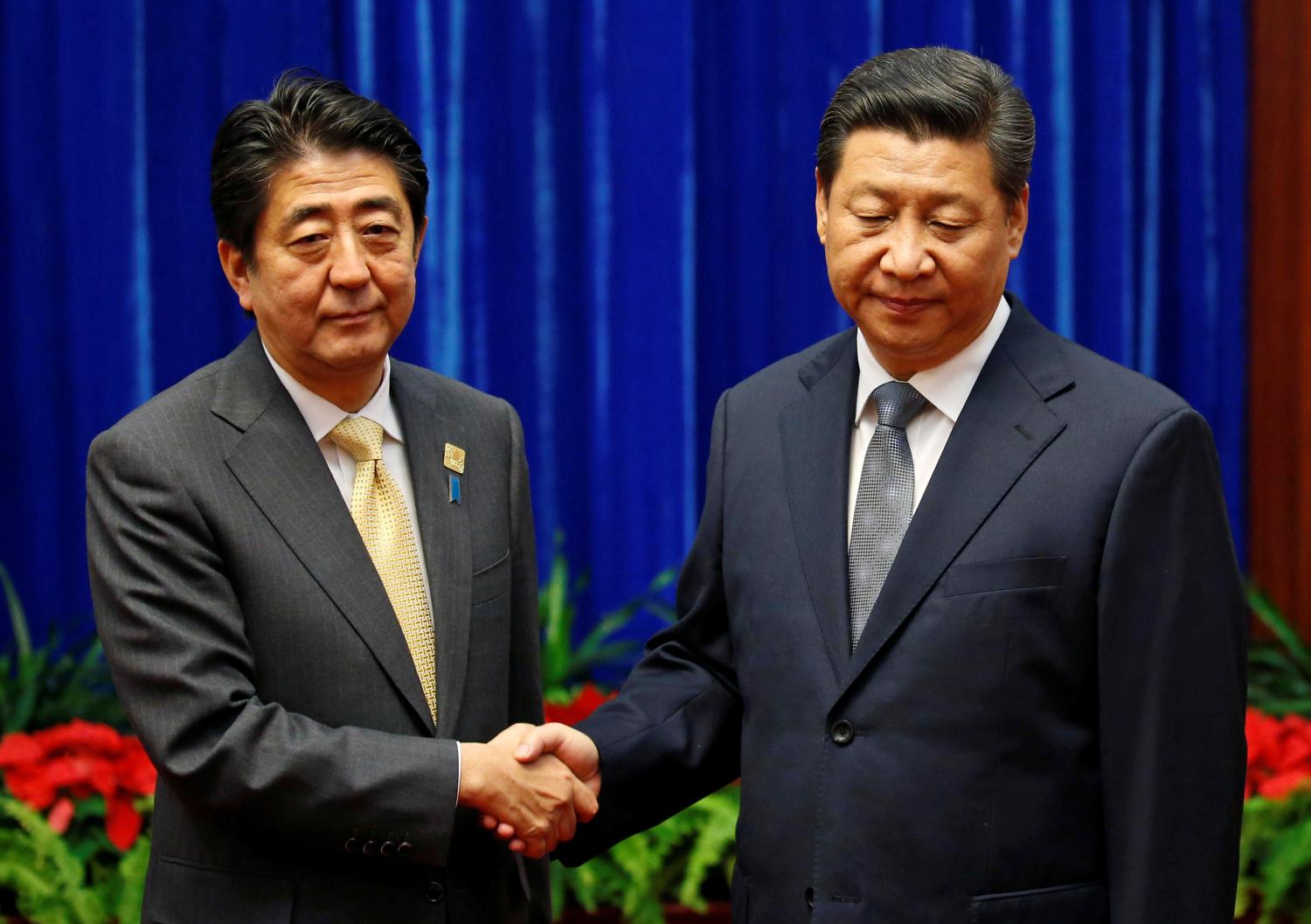Summary
Even though it focuses on a single, specific issue – Korean peninsula denuclearization – the six-party process has served as a catalyst for a more important regional issue: the future of Asia-Pacific security cooperation. The six-party process can be seen as a regional solution to an intractable regional security issue. In the five years since 2003, this patient process has produced considerable progress. The three “joint statements” of the Six-Party Talks provide a relatively balanced and reasonable multilateral “roadmap” to not only resolve the nuclear standoff, but also to develop an operational Northeast Asian security architecture. The Six Party Talks have cautiously encouraged a formal end to the Korean War and enabled key Northeast Asian players to explore a potential mechanism for meeting regional security challenges, but the success of this ad hoc process – that is to say, denuclearization of the Korean peninsula – should not necessarily be regarded as a precondition for such a mechanism. Rather, a regional security mechanism can go boldly and ambitiously beyond the Six-Party Talks. If the six party process is to lay the foundation for a credible Asia-Pacific security mechanism, we must examine how to coordinate and/or harmonize overlapping (and sometimes competing) regional institutions such as ASEAN (and its derivatives) and the Shanghai Cooperation Organization, as well as the existing America-led regional alliance system. The six-party process demonstrates that cooperation among big powers is the key to regional security. Ideally, China and the U.S. should extend their positive cooperation on Korean denuclearization into the realm of regional security, and develop a mechanism that ensures peace, stability and prosperity. In order to do so, however, they must overcome a host of challenging factors; the prospects are still uncertain.
The Brookings Institution is committed to quality, independence, and impact.
We are supported by a diverse array of funders. In line with our values and policies, each Brookings publication represents the sole views of its author(s).



